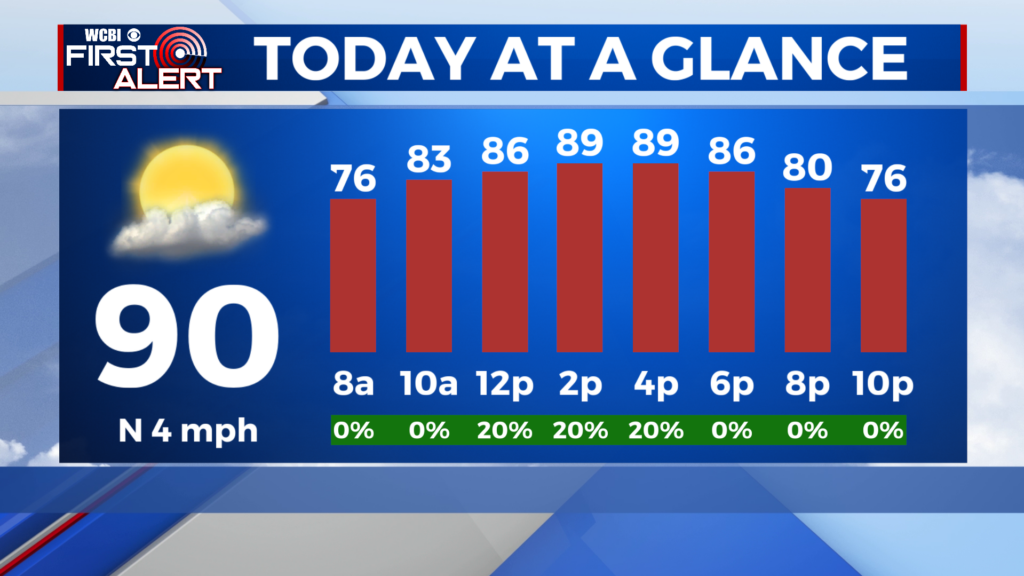Women pay nearly 20% more than men in bank fees
- When it comes to overdraft fees and other charges paid to banks, women are forking over nearly 20% more than men, according to findings from Stash, an investing app that tracked the bank transactions of more than 500,000 users.
- Male Stash users pay $182 a year in bank fees and penalties for things like late payments, ATM visits and account minimums, while women Stash users pay $214 for the same services, an 18% difference.
- Stash CEO Brandon Krieg attributed a steep disparity in check-bounce fees paid to the fact that women earn less than men, making them more vulnerable to letting their account fall into the red.
Women not only make less than men, they also pay nearly 20% more in check-bouncing fees and other bank charges that include fees for ATM use, late payments and minimum balances. That’s according to the investing app Stash, which tracked the bank transactions of 500,000 users and found that men users pay $182 a year in bank fees and penalties, while women users pay $214, or about 18% more.
Those with lower incomes were hardest hit, according to the findings, which were based on 205 million transactions over the past year involving externally linked bank accounts by more than half a million Stash users. Women making less than $25,000 a year pay 23% more in fees each year while those making between $50,000 and $100,000 pay 16% more in annual bank penalties, reported Stash.
One possible conclusion is that the banking cost disparity is yet another damaging result of the gender pay gap, which leaves women more likely to let their accounts fall below zero, according to Brandon Krieg, the company’s CEO and co-founder.
Trending News
“Financial disparities like these amongst men and women impact nearly every part of a woman’s financial life—it doesn’t start and end with the pay gap, but her retirement savings and even, as we’re seeing now, her likelihood to get hit with predatory banking fees,” Krieg emailed CBS MoneyWatch.
” While there’s been a narrowing of the gender pay gap in recent years, women are still earning 85% of what men earn,” Krieg added, citing findings from Pew Research this year.
When less isn’t more
Other studies reached similar conclusions. Women earn an average of $25 an hour, or 79% the $32 an hour their male counterparts take in, an analysis of payroll data from 13 million workers at 30,000 firms by ADP Research Institute found earlier this year.
Globally, the income gap between the sexes narrowed last year, but women continue to earn only 51% as much as men, the World Economic Forum reported in December.
Banks with more than $1 billion in assets took in about $11.5 billion in overdraft and non-sufficient funds fees in 2017, according to the Center for Responsible Lending, which cited data from the Federal Deposit Insurance Corp.
The U.S. Consumer Financial Protection Bureau is currently reviewing a decade-old “overdraft rule” that stipulates banks have to get the express permission of customers before charging a fee for spending more than what’s in their checking accounts. If customers don’t agree ahead of time to pay a fee for covering bounced checks, then transactions that would push their balance below zero are denied.
Before the rule, many banks automatically covered checks that otherwise would have bounced, charging a daily overdraft fee that could mean a transaction cleared for, say, a $3.00 purchase could morph into the double digits.





Leave a Reply